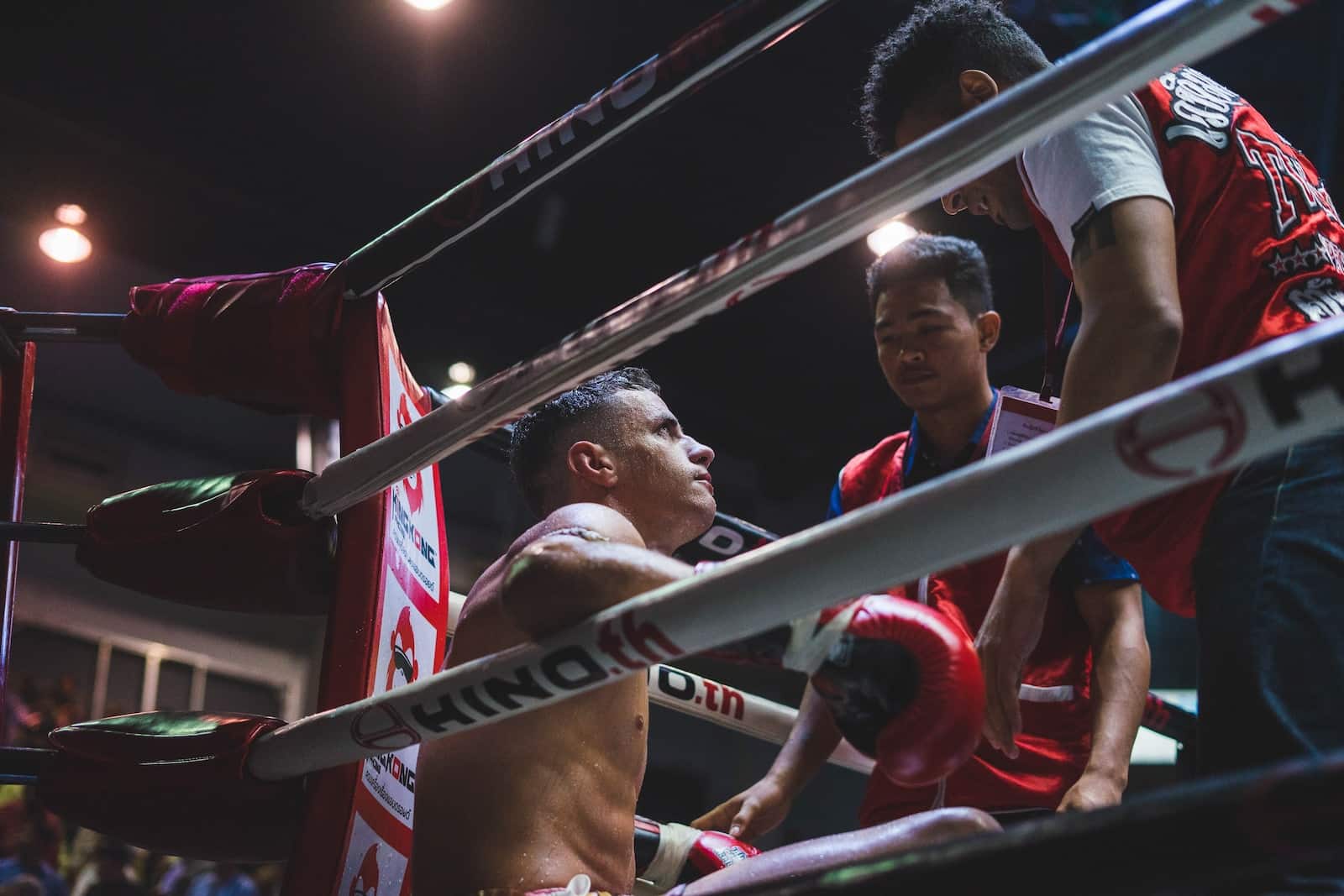The role of sports coaches

The role of a sports coach extends far beyond the confines of traditional sports training. They play a crucial part in the development of athletes on numerous levels, from their physical health to their performance skills and their contribution within the sports community. Coaches are not merely trainers; they are educators, mentors, and community builders. They possess a unique set of skills and knowledge that allows them to bring out the best in their athletes and play an influential role in shaping the sports landscape.
The Coach as a Physical Health Guardian
The coach’s responsibility towards the athlete’s health begins with an in-depth knowledge of the physical demands of their specific sport. Coaches must ensure that their athletes are in optimal physical condition to withstand the rigors of training and competition. They use their understanding of physiology, biomechanics, and sport-specific technical skills to design and implement training programs that enhance athletic performance while minimizing the risk of injury.
Sujet a lire : Handball: basic rules and strategies
A coach’s work includes teaching athletes about proper nutrition, hydration, recovery, and sleep habits. They also monitor the athlete’s physical condition and adjust the training load as needed. In short, coaches are the primary custodians of the athlete’s physical health.
The Coach as a Performance Maestro
Beyond physical training, coaches significantly impact the athlete’s performance. They use their knowledge to analyze the athlete’s strengths and weaknesses and design individualized training plans that cater to their needs. They provide constructive feedback and constant encouragement to help athletes improve their skills and reach their full potential.
A découvrir également : Nutrition tips for athletes
Coaches also impart strategic knowledge, teaching athletes how to read the game, make smart decisions, and adapt to different situations. They instill the mindset of continuous learning and growth, fostering a culture of resilience and perseverance. Thus, coaches play a pivotal role in enhancing athletic performance.
The Coach as a Development Catalyst
The role of a coach is not limited to the sports field. They also play a significant role in the athlete’s personal and professional development. Coaches serve as role models, shaping the athletes’ character and instilling values like discipline, teamwork, respect, and integrity.
They also guide athletes in managing their time effectively and balancing their sports commitments with other aspects of their life, such as education and family. Furthermore, they provide career advice, helping athletes navigate the competitive world of sports and prepare for life after sports. Thus, coaches are crucial facilitators of athlete development.
The Coach as a Communities’ Unifier
Coaches play a central role in establishing and nurturing sports communities. They foster a sense of camaraderie and belonging among athletes, encouraging them to support and learn from each other. Coaches also facilitate interaction between athletes, parents, and other stakeholders, promoting a shared vision and collective effort.
Moreover, coaches often serve as ambassadors of their sport within the wider community. They engage people of all ages and backgrounds, promoting the benefits of sports participation and advocating for access to sports facilities and programs. Through their work, coaches contribute to making sports a vital part of the community fabric.
The Coach as a Lifelong Learner
Continuous learning is a fundamental aspect of coaching. To stay effective, coaches must keep abreast of the latest research and innovations in sports science, training methods, and coaching techniques. They must also continually reflect on their practice, seeking feedback and learning from their experiences.
Coaches further their learning by attending coaching clinics, seminars, and conferences, and by networking with other coaches. They also engage with athletes and parents, understanding their needs and perspectives to provide a holistic training environment. In this way, coaches embody the principle of lifelong learning, continually enhancing their knowledge and skills.
The multifaceted role of a sports coach is a testament to their significant contribution to sports and society. By promoting physical health, enhancing athletic performance, facilitating athlete development, fostering community spirit, and embodying lifelong learning, coaches truly shape the world of sports. Their work goes beyond training and winning games; they are powerful agents of change within their communities and catalysts for personal growth and development.
The Sports Coach as a Skill Developer
In the world of sports, coaches wear multiple hats, one of which includes the crucial role of skill development. This responsibility extends beyond merely teaching the technical aspects of the sport. Coaches use their skills and knowledge to foster a comprehensive development program, grounded in the principles of physical activity, that addresses both the physical and mental aspects of an athlete’s performance.
A coach’s work involves identifying the athlete’s existing capabilities and areas requiring improvement. They use their deep understanding of the sport to guide athletes in refining their techniques, enhancing their physical strength, and improving their strategic thinking. Coaches play an instrumental role in equipping athletes with the skills needed to excel, not only in their specific sport but also in handling the pressures and challenges associated with high-level athletic performance.
Coaches also work closely with health care professionals to ensure that athletes receive the necessary care and support to prevent injuries and maximize their physical capabilities. They play an active role in monitoring the athletes’ health status and adapting training programs to accommodate their individual health needs. In essence, sports coaches serve as important allies in promoting the holistic development of the athlete.
The Coach as a Leader in Coaching Education
Coaching education is an integral part of a sports coach’s role. As ambassadors of their respective sports, coaches are often involved in the creation and implementation of coaching education programs designed to enhance the quality of coaching and promote the sport’s growth and development.
These programs often provide instruction on topics such as sport-specific techniques, athlete management, sports psychology, and health and safety protocols. They also offer opportunities for coaches to engage in peer learning and exchange ideas and experiences. Coaches’ involvement in these programs reflects their commitment to continual learning and their dedication to advancing the standards of sports coaching.
Coaches also work in conjunction with governing bodies to ensure that these programs align with the evolving needs of the athletes and the broader sports community. They contribute their expertise to shape coaching education initiatives that are responsive, inclusive, and forward-thinking.
Conclusion
The role of sports coaches extends far beyond the confines of traditional sports training. They are pivotal figures within the sports community, contributing significantly to the physical, mental, and social development of athletes. As guardians of physical health, performance maestros, development catalysts, and communities’ unifiers, they foster an environment that supports the holistic growth and well-being of every athlete.
Furthermore, their commitment to continuous learning and coaching education ensures that they are well-equipped to navigate the evolving landscape of sports and deliver high-quality coaching. In essence, the sports coach is a full-time champion of sport health, skill development and community sport, shaping the sports landscape one athlete at a time.
